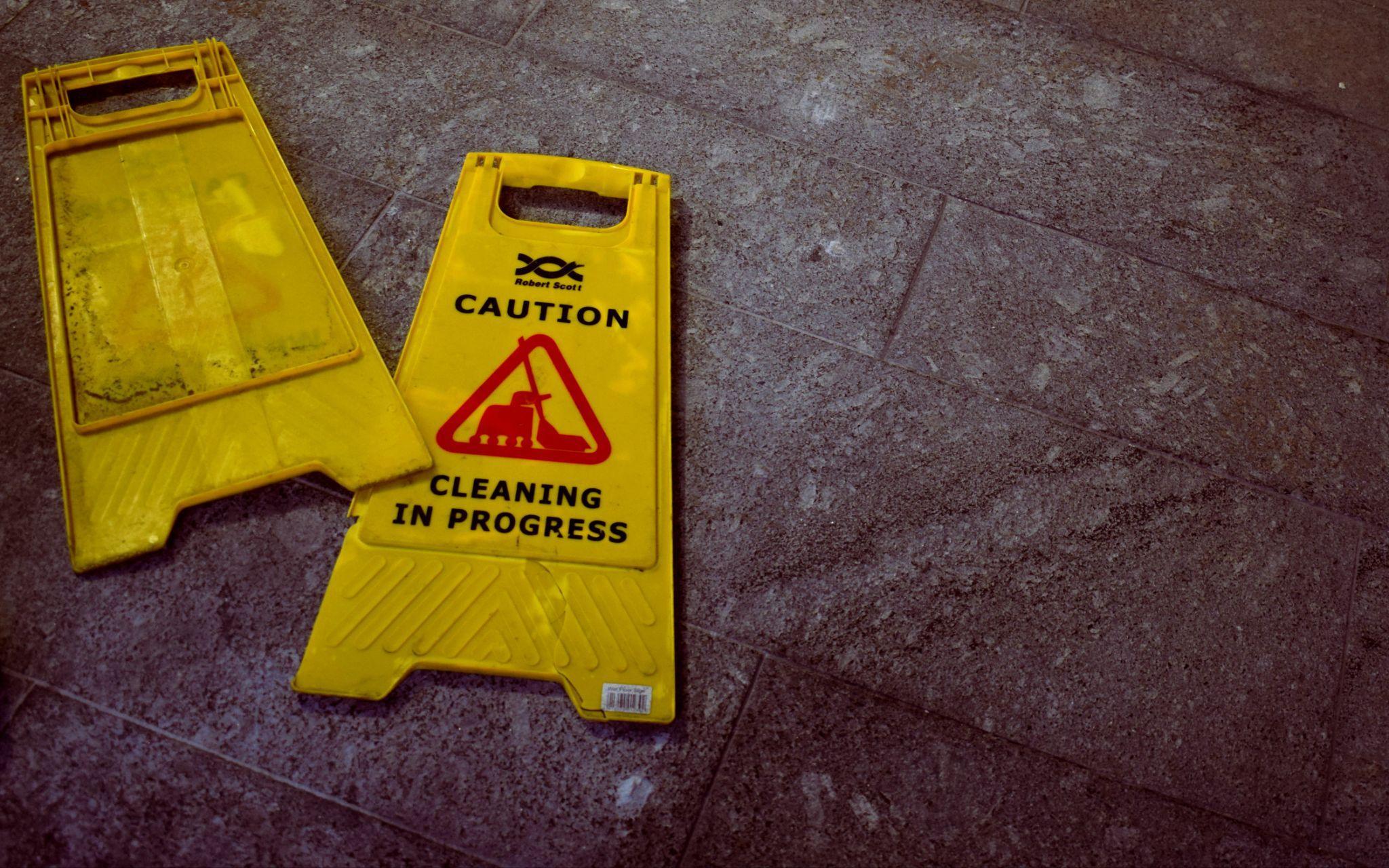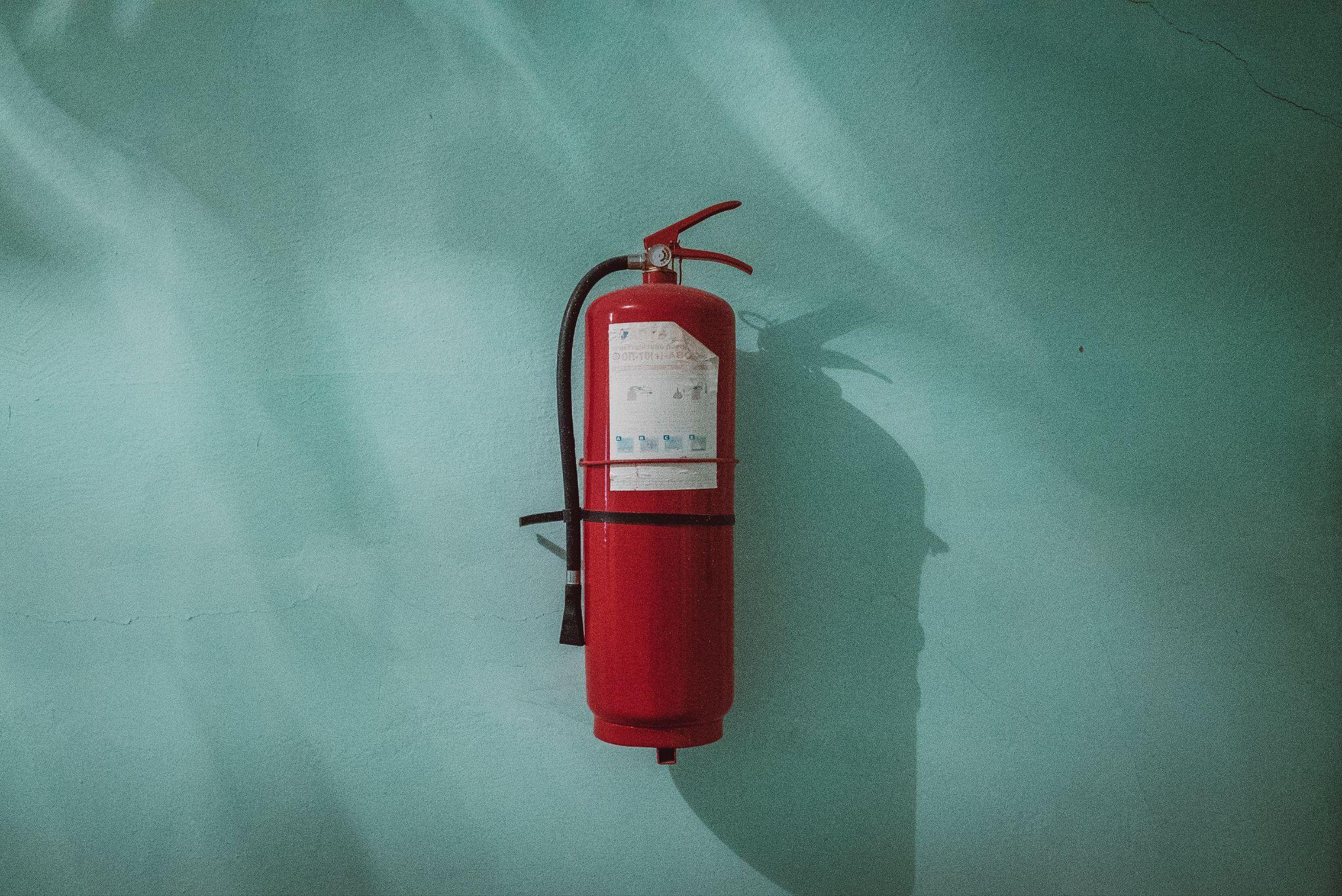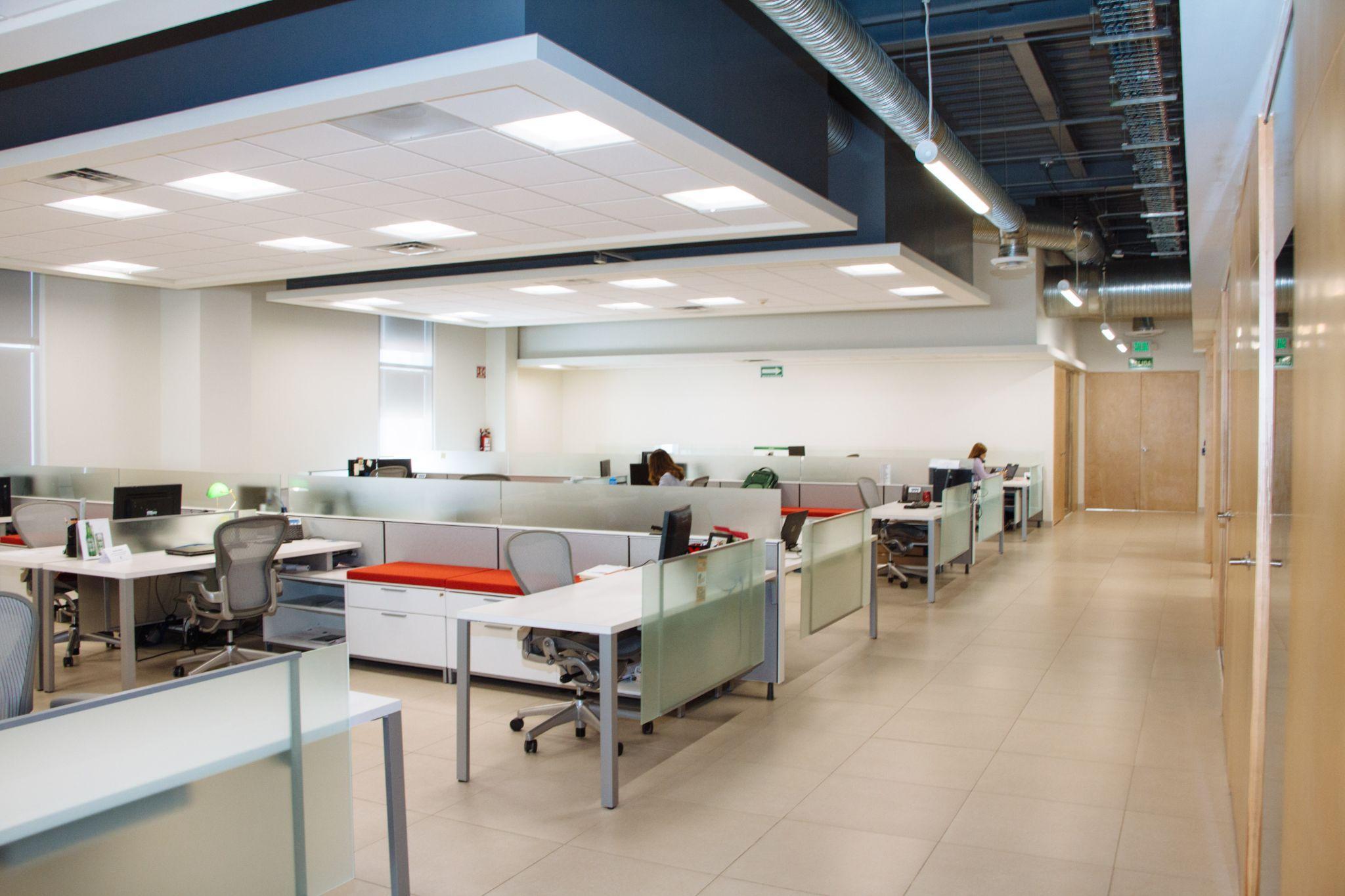There’s a lot to think about when starting a new business, but one thing which should be prioritised is the health and safety of staff. In this article, we’ll be sharing tips on how startups can avoid accidents at work.

When starting a new business, there’s an awful lot to think about. Often, there are various expenses involved, including taxes and insurance, which will likely be the priority.
That said, the last thing you might consider is the health and safety of your workers to keep everyone safe and avoid a work accident compensation. In this article, we’ll share our tips on avoiding accidents at work for startups and new businesses.
What is work accident compensation?
When you employ staff to work within your business premises, you have a responsibility for the safety of those employees and any visitors. If you fail to properly meet this responsibility, and an employee or visitor is injured while in your workplace, they may be able to take you and / or your company to court to secure financial recompense for their injuries. For a new business, this can be devastating both financially and reputationally.
How to avoid accidents at work

There are a few things that every business should do in order to avoid accidents in the workplace. In this section, we’ll run through a few of these:
Risk assessment
Whatever type of business you’re running, it’s important to make sure that you have a comprehensive risk assessment in place. This involves analysing your workplace in order to identify anything within the environment which may have a negative impact on an employee, such as causing an accident.
This then allows you to take steps to make the workplace as safe as possible and to put in place a contingency plan to use in the event that an incident occurs. Some businesses choose to put together their own risk assessment but, if you are unable to do this, you can hire a specialist agency to do this for you.
Training and induction
Health and safety in the workplace begins with the owner or director, but this is also the responsibility of each and every member of staff. For this reason, it’s important that all staff receive training on health and safety guidelines within the workplace.
This can be introduced during the employee induction with regular updates to follow thereafter. It’s also a good idea to appoint at least one member of staff as a health and safety representative, with responsibility for performing regular inspections and assessments.
The workspace

Trips and falls account for a significant number of workplace accidents and can lead to work accident compensation claims if an employee suffers an injury. For this reason, it’s vital that you implement strict guidelines for keeping floors and walkways clear. This includes computer cables and other items which may cause somebody to trip.
Similarly, if the floors are cleaned during working hours, you should always make sure that wet floors are clearly marked with signs.
Equipment
Whether you’re a building site or an office, every business uses some form of equipment, and most types of equipment have the potential to cause injury. Any and all workplace equipment should be used only in accordance with the instructions. This equipment should also be maintained properly and checked regularly to ensure that it is safe for your employees to use.
If your business uses industrial machinery such as forklift trucks, you must always follow government guidelines in the maintenance and use of this equipment. It’s a good idea to check these guidelines on a regular basis as they are subject to change. In fact, there have been some changes to these rules since the UK left the European Union in January 2020.
Fire safety
By law, your workplace must have comprehensive measures in place in the event that a fire occurs. As well as making sure that you have fire extinguishers and alarms on every floor, you should also appoint a fire warden who will be required to receive training from an official source (you can find information about this from your local council).
It is your responsibility to ensure that your workplace has clearly marked escape routes as well as a designated place for employees to congregate in the event of an evacuation. If any of your employees have a disability, for example a wheelchair user, you may need to speak with a representative of your local fire department to establish the correct protocol for ensuring that the person can be safely evacuated from the building in the event of fire.
As an employer, you should also ensure that fire safety equipment is maintained regularly and that your fire warden(s) receive refresher training on a regular basis.
A safe space for workers
If you employ one or more people in your business, you have, by law, an obligation to put certain health and safety measures in place. Failing to do so can result in a hefty fine.
As well as the actions listed in this article, employers should pay attention to factors which could impact an employee’s wellbeing, such as poor lighting, chairs without adequate support and temperature controls. Additionally, employers need to provide a platform on which employees can report any issues or concerns with respect to safety in the workplace, and to ensure proper record keeping of these concerns.







